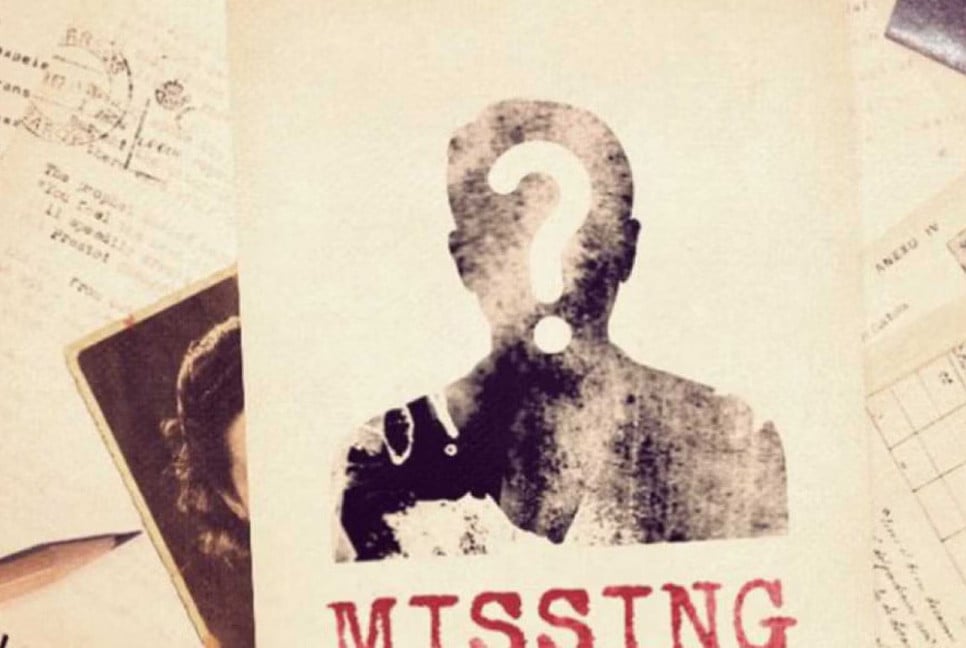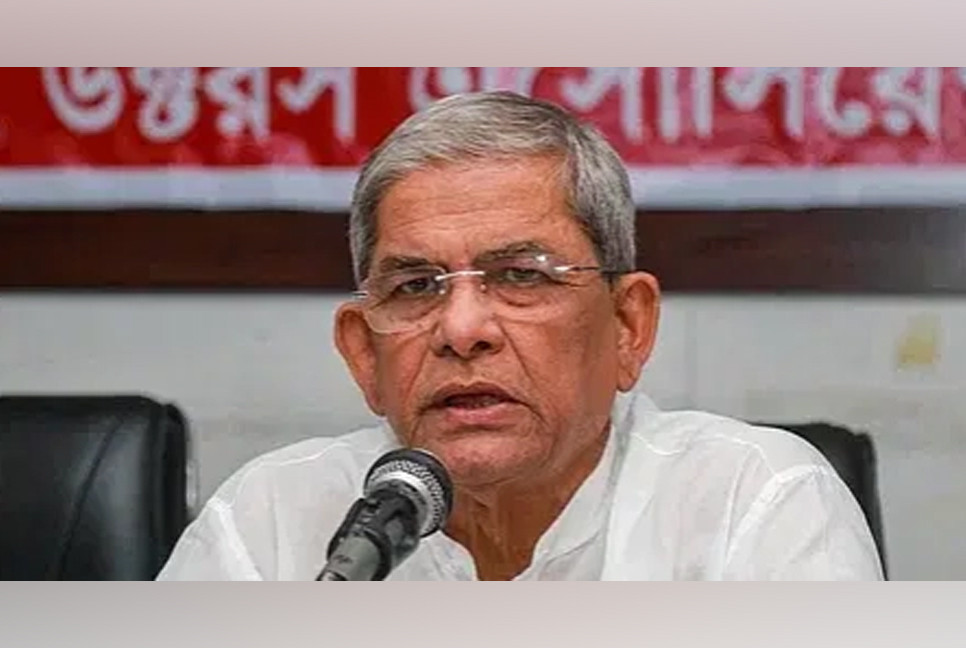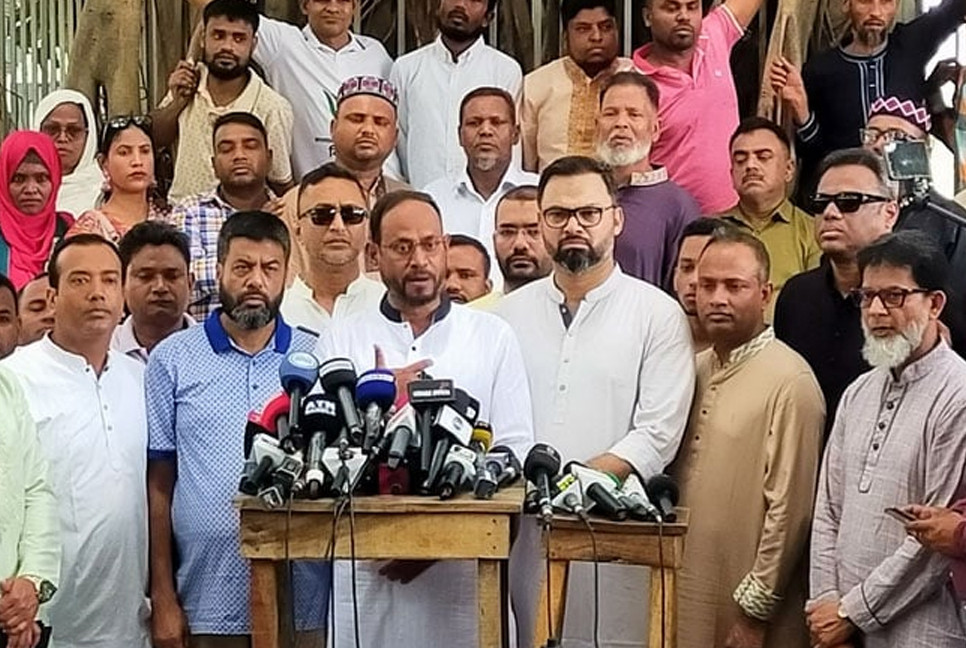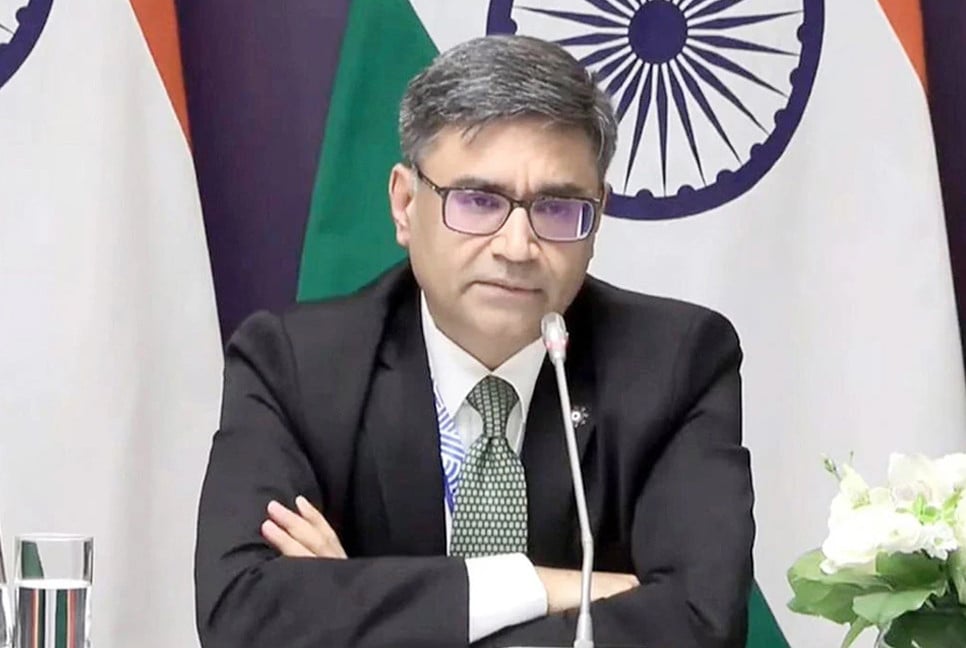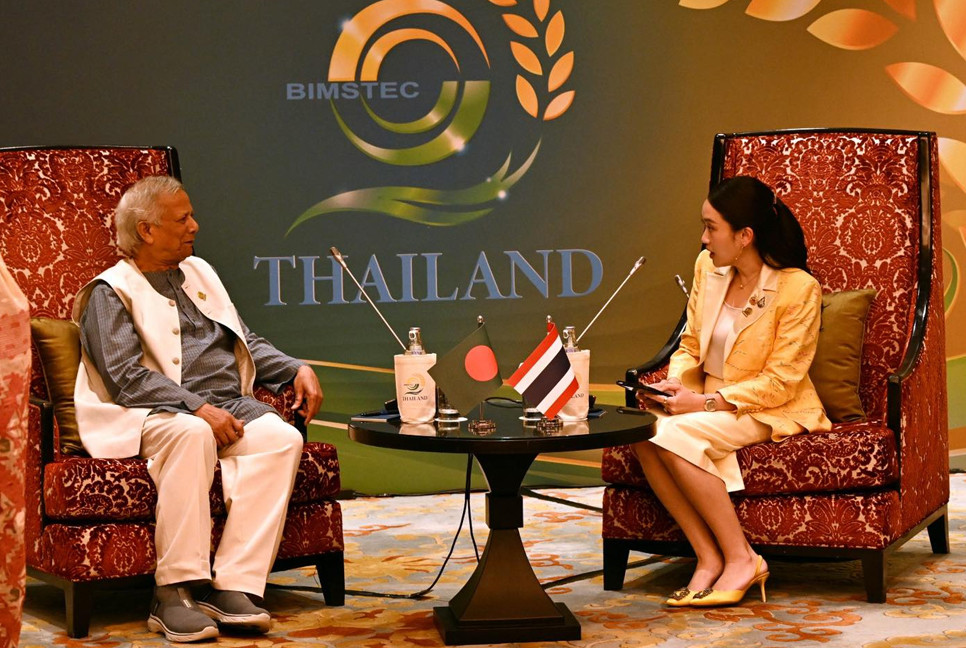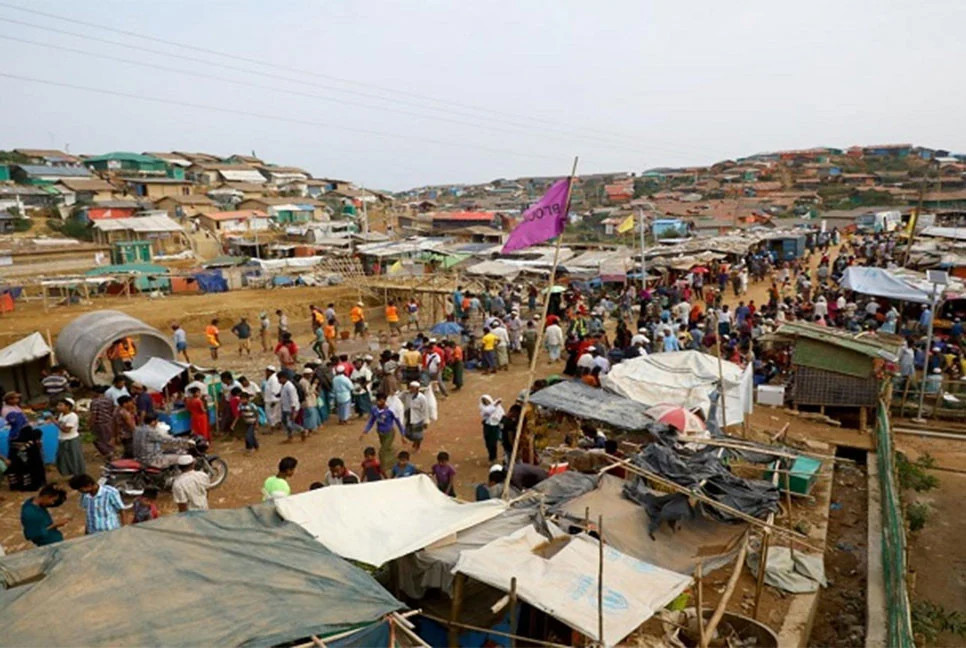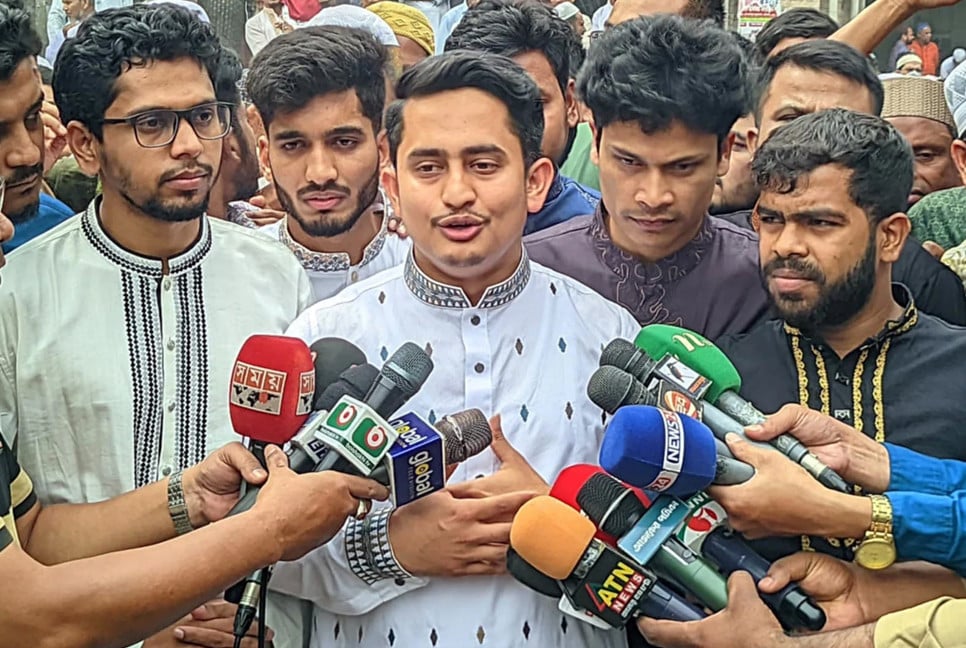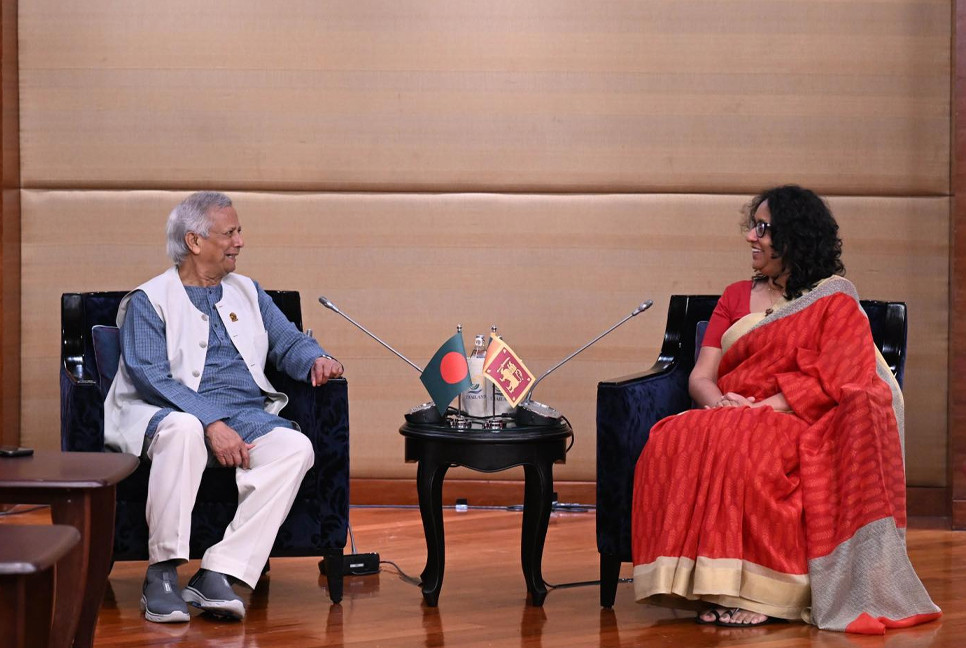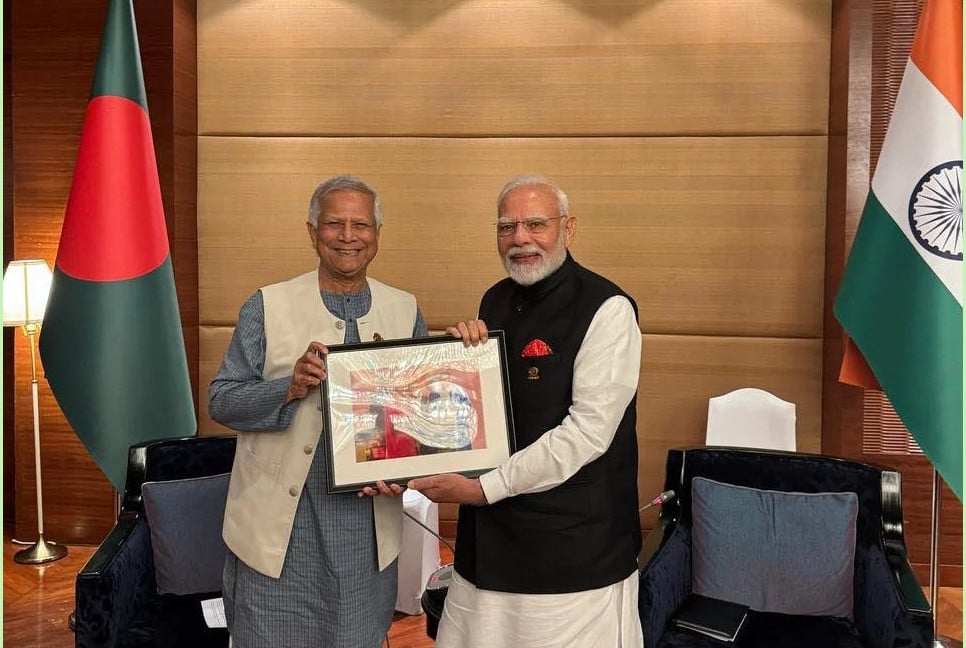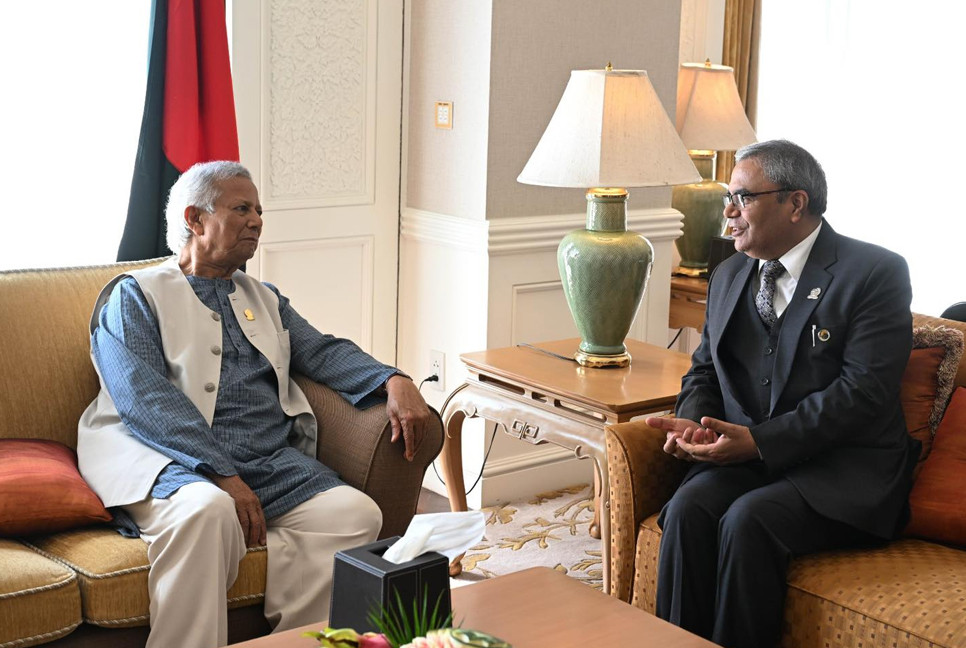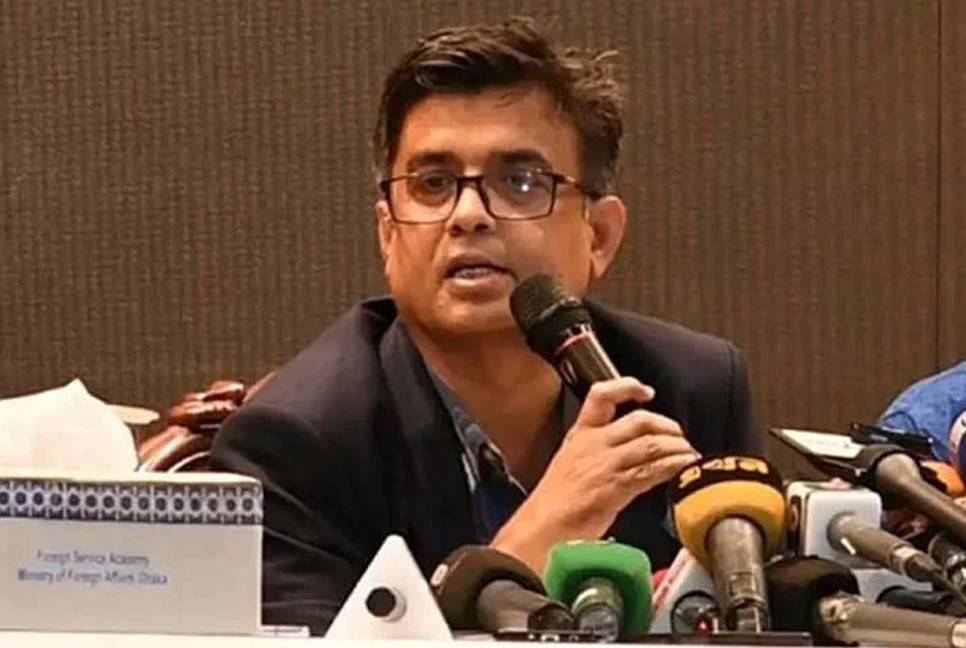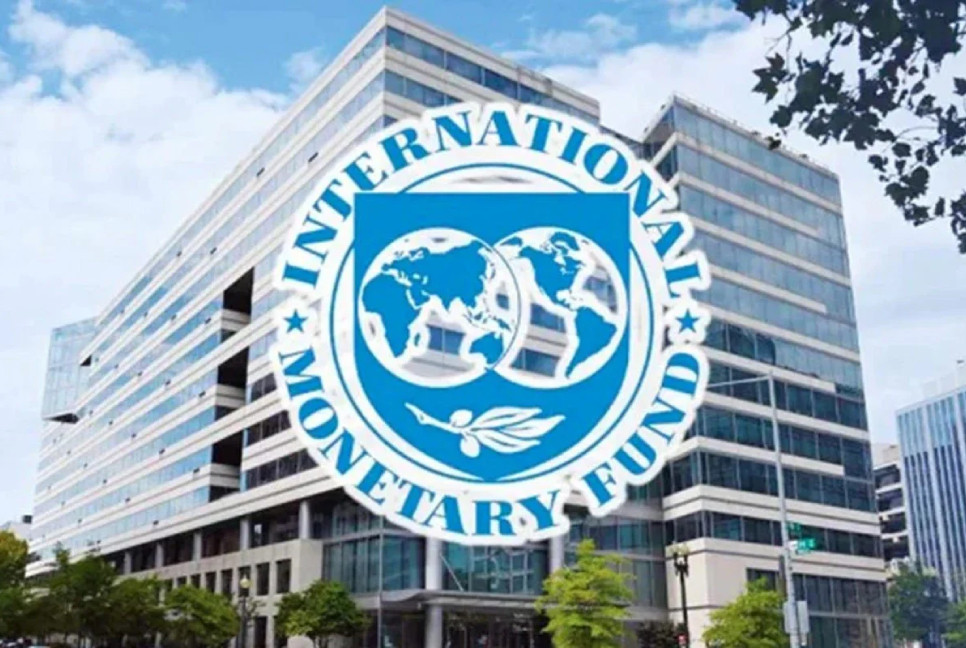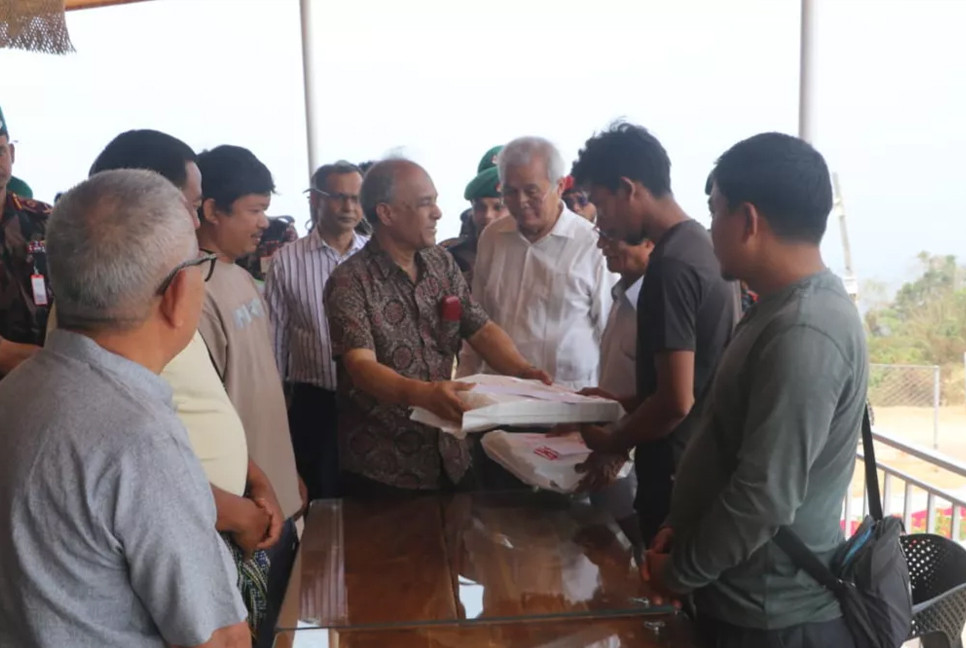The report of Enforced Disappearances Inquiry Commission has revealed that the victims were deprived of justice and basic rights during the Sheikh Hasina regime.
According to the report, the attempts to find out victims and recovery them were barred by the authority and no bustle was seen from the lawful authority to prevail the truth and to investigate the allegations.
Also, they denied filing compliments and investigating the event. They used to mention “Superior’s Command” to rationale their stance.
The Chief Adviser’s press wing revealed part of the report that was submitted by the commission member on Sunday at state guest house Jamuna.
Citing victims of enforced disappearances, the report claimed that besides Rapid Action Battalion (RAB), Dhaka’s Counter Terrorism and Transitional Crime (CTTC) and Chattogram Metropolitan Police (CMP) were involve in the process.
Mentioning victims’ mental, social and financial damages, the commission recommended to compensate them and to ensure that the law enforcers are not involving in the process in future, by ensuring “Procedural Reform”.
The report says that the social and financial damage was devastating as most of the victims have lost their means of living, and many have lost their saving to arrange case cost. Reintegration into society after disappearance and imprisonment was a major challenge for them.
The report also states: “In most cases where victims returned, they were arrested and taken to court on ‘false charges’ under the Anti-Terrorism Act, 2009, leading to another injustice to the victims.”
Law enforcement agencies used to tackle the allegations entitling “baseless claims”; in many cases, it was said that the disappeared had gone into hiding to avoid debt repayment pressures or other personal matters. It was said in the report: “For those who returned alive, the afterlife was an ‘ordeal’.”
Facing constant threats, victims felt it safer to remain silent than to reveal the tragic consequences of their disappearance or ensure accountability.
Moreover, those who returned alive were framed and criminally prosecuted. These allegations not only tarnished their reputations but also hindered their ability to rebuild their lives, the report continued.
The commission has criticized the judicial process of those cases, saying: “The judiciary has failed to provide any ‘meaningful’ redress for the victims. Habeas Corpus petitions filed in the High Court Division of the Supreme Court have rarely advanced beyond the initial filing, leaving the victims without any meaningful legal recourse.”
“Noting that some courts in enforced disappearance cases did more to legitimize the status quo than to deliver justice,” reads the commission report. It added that lower courts relied heavily on law enforcement agencies, many of which were found to be involved in the crime of enforced disappearance.
“The absence of due process, lack of judicial protections, and systematic impunity for perpetrators further exacerbated the fears of victims,” the report continued.
The report mentioned of women victims besides men, saying: “More men compared to women were identified as victim of enforced disappearances.”
The commission explains the reason behind it, saying: “More men than women were victims of the incidents. Again, many female victims hesitate to come forward due to fear of social stigma.”
“Nevertheless, several brave women have shared their experiences with the commission,” the commission said, adding that the process of abduction and the degree of torture in many cases were similar to men victim.
“In many cases, women have been targeted – because of their association with male relatives.”
The commission’s report alleges that the CMP and CTTC officials were involved in the forced disappearance events including children abduction with their mothers. The report claims that the practice continued from 2015 to 2023.
Translated by Afsar Munn

